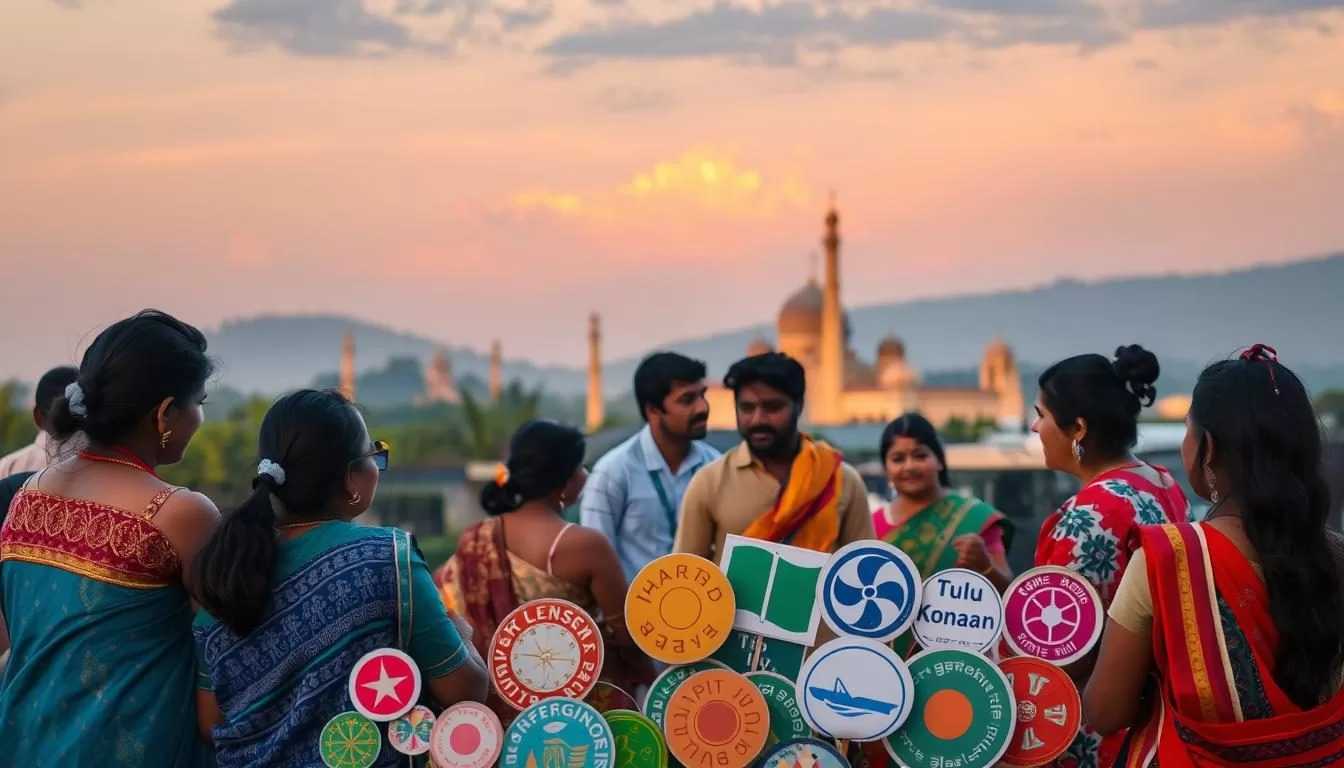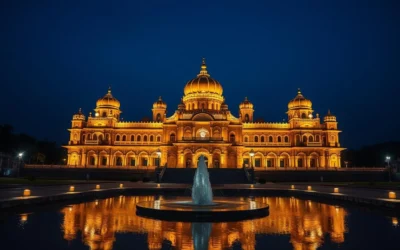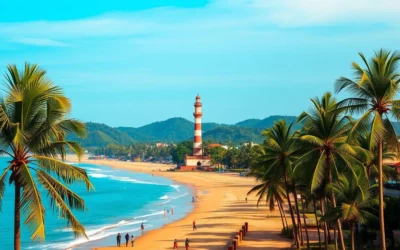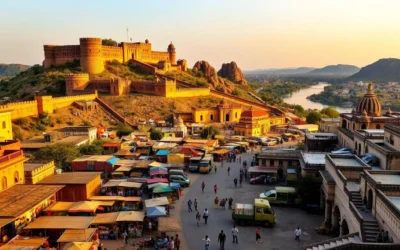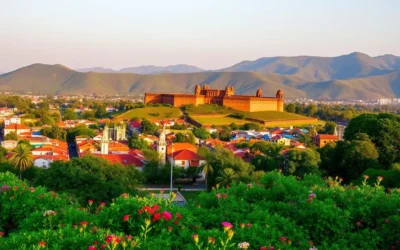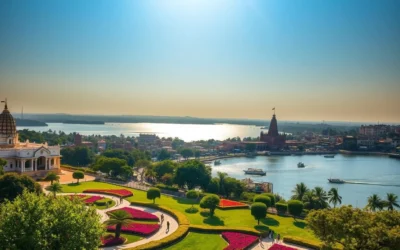✓ Accommodations✓ Flights✓ Rental Cars✓ Tours & Activities
You’re planning a trip to Karnataka, a state in southwestern India known for its rich cultural heritage and diverse linguistic landscape. Understanding the languages spoken in this region can enhance your travel experience and interactions with the locals.
The linguistic diversity of Karnataka is one of its most striking features, with a multitude of languages and dialects being spoken across the state. While you’re there, you’ll likely encounter several languages, including the official language, which plays a crucial role in daily life, government, and education.
As you explore Karnataka, being aware of the prominent languages can help you navigate and appreciate the local culture more effectively.
The Linguistic Landscape of Karnataka
As you explore Karnataka, you’ll discover a vibrant tapestry of languages that reflect the state’s cultural heritage. Karnataka, a state in southwestern India, is home to a diverse population that speaks a variety of languages.
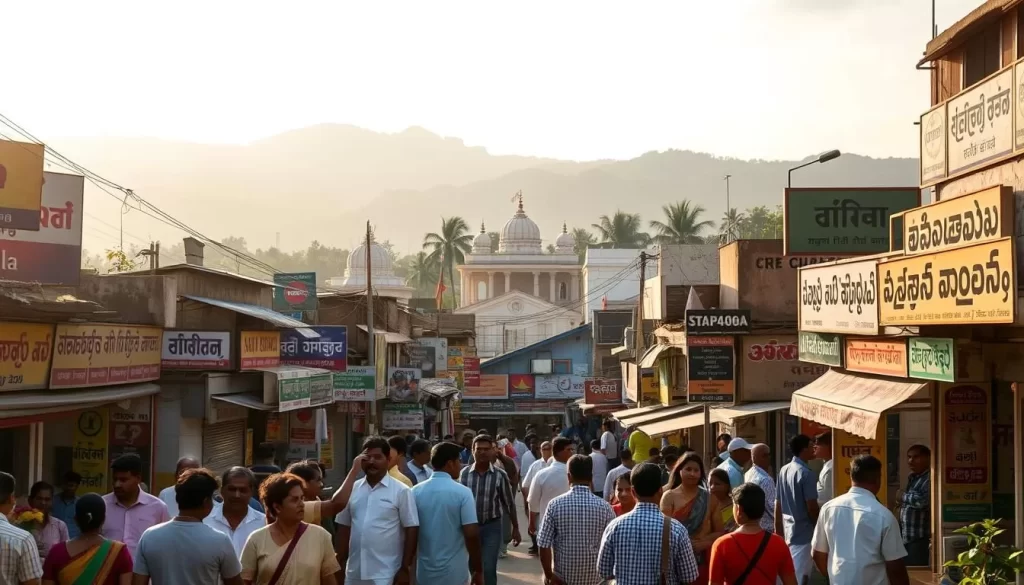
Karnataka’s Position in India’s Language Diversity
Karnataka is a significant contributor to India’s linguistic diversity. With over 30 languages spoken across the state, it ranks among the top in the country for language variety.
| Language | Speakers | Region |
|---|---|---|
| Kannada | Majority | Statewide |
| Urdu | Significant minority | Urban areas |
| Telugu | Notable presence | Eastern regions |
Historical Evolution of Languages in Karnataka
The historical evolution of languages in Karnataka is a complex process that has been shaped by various factors, including imperial influences and trade relations. The state’s strategic location has made it a melting pot of cultures and languages.
Over time, languages such as Kannada, Telugu, and Urdu have evolved and been influenced by various cultural and historical events, contributing to the rich linguistic heritage of Karnataka.
Kannada: The Official Language of Karnataka
In Karnataka, Kannada is more than just a means of communication; it’s a symbol of the state’s heritage. As the official language, Kannada plays a pivotal role in the state’s administration, education, and cultural activities.
History and Evolution of Kannada
The history of Kannada dates back to the ancient times. It is believed to have originated from the Kadamba script, evolving significantly over the centuries. The earliest known Kannada inscriptions date back to the 5th century AD, marking the beginning of its rich literary tradition.
Kannada as a Classical Language
In 2008, Kannada was accorded the status of a Classical Language by the Indian government, recognizing its historical and literary significance. This status is a testament to Kannada’s contribution to Indian literature and its enduring legacy.
Major Dialects of Kannada
Kannada has several dialects, each with its unique characteristics. Some of the major dialects include:
- Halegannada (Old Kannada)
- Nadugannada (Middle Kannada)
- Havigannada
- Arebhashe
- Kongu Kannada
These dialects not only add to the linguistic diversity of Karnataka but also reflect the state’s cultural richness.
Other Major Languages Spoken in Karnataka, India
Karnataka is home to a diverse population, and as such, several major languages are spoken across the state, reflecting its rich cultural heritage. While Kannada is the official language, other languages have significant presence due to historical, cultural, and economic factors.
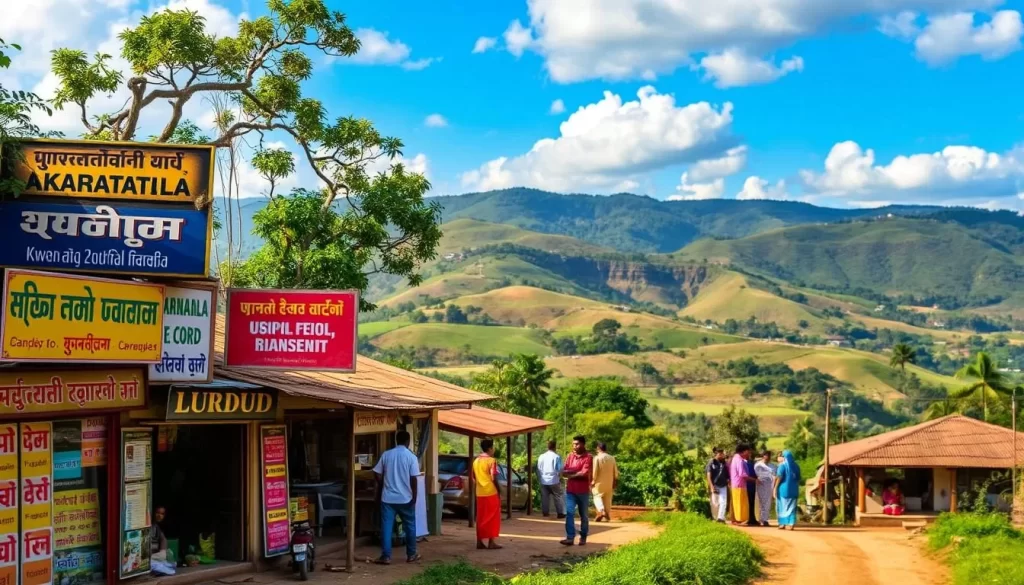
Urdu
Urdu is widely spoken in Karnataka, particularly in urban areas like Bengaluru. It is an official language in some parts of the state and is used in various cultural and administrative contexts. The presence of Urdu-speaking populations is a result of historical migrations and cultural exchanges.
Telugu
Telugu is another major language spoken in Karnataka, especially in regions bordering the state of Telangana and Andhra Pradesh. Many Telugu-speaking people have migrated to Karnataka for economic opportunities, contributing to the state’s linguistic diversity.
Tamil
Tamil is spoken by a significant population in Karnataka, particularly in areas near the border with Tamil Nadu. The language has a historical presence in the region, and many Tamil-speaking people have settled in Karnataka for trade and other opportunities.
Marathi
Marathi is also spoken in Karnataka, particularly in the northern parts of the state. The language has cultural and historical ties to the region, and many Marathi-speaking people have contributed to Karnataka’s diverse cultural landscape.
In conclusion, Karnataka’s linguistic diversity is a testament to its rich cultural heritage and history of cultural exchange. Understanding the various languages spoken in the state can provide valuable insights into its complex identity.
English Usage in Karnataka
As you explore Karnataka, you’ll notice that English plays a significant role in the state’s linguistic landscape. English has become an integral part of daily life, especially in formal and professional contexts.
English in Urban Centers
In urban centers like Bengaluru, Mysuru, and Hubballi, English is widely spoken, particularly among the younger population and professionals. Many signs, menus, and official documents are in English, making it easier for tourists and business travelers to navigate. You can easily communicate in English in hotels, restaurants, and shops, reflecting the state’s adaptability to a globalized world.
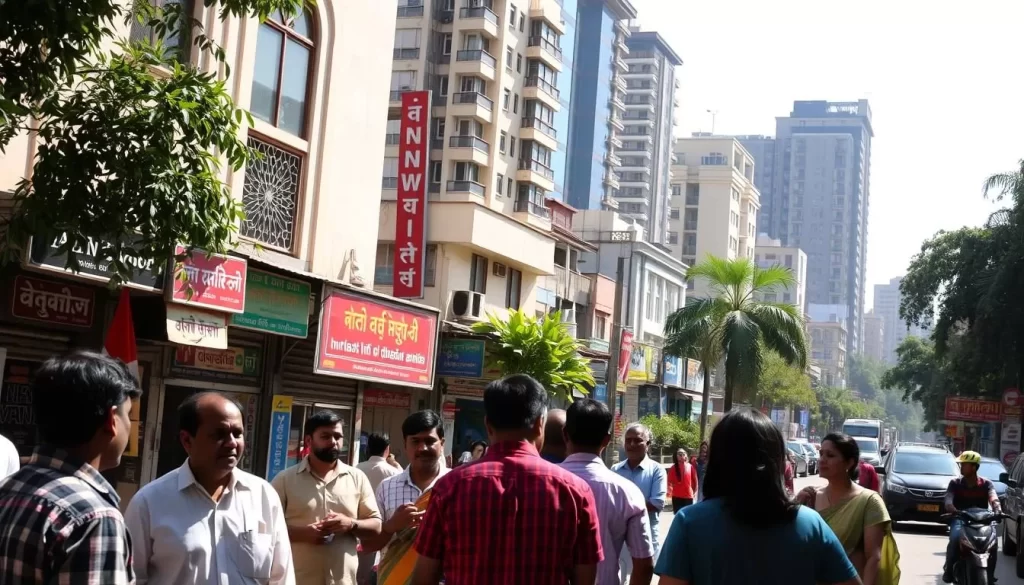
English in Education and Business
English is the primary language of instruction in many educational institutions, especially in professional courses like engineering, medicine, and management. This has contributed to Karnataka’s reputation as a hub for IT and outsourcing industries. In the business sector, English is the preferred language for official communication, meetings, and documentation. The table below highlights the prevalence of English in different sectors:
| Sector | English Usage | Primary Users |
|---|---|---|
| Education | High | Students, Faculty |
| Business | Very High | Executives, Employees |
| Tourism | High | Tour Guides, Hotel Staff |
Minority Languages and Linguistic Diversity
The state of Karnataka boasts a remarkable linguistic diversity, with several minority languages contributing to its unique cultural identity. This diversity is a testament to the state’s rich cultural heritage and its history of absorbing various linguistic influences.
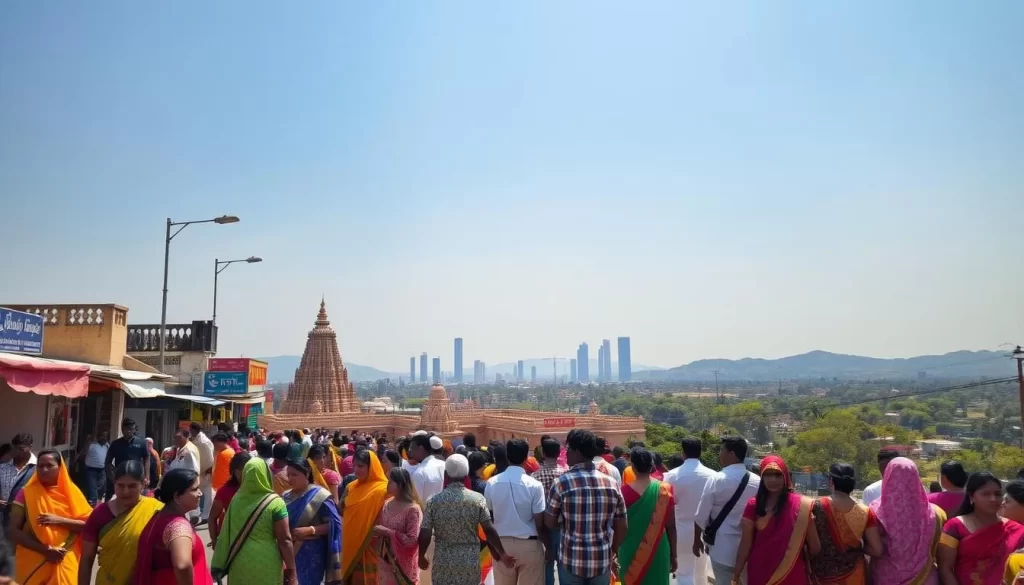
Tulu and Kodava
Among the minority languages spoken in Karnataka, Tulu and Kodava hold significant cultural importance. Tulu is primarily spoken in the coastal regions of Karnataka, particularly in the districts of Dakshina Kannada and Udupi. It has a rich oral tradition and is known for its unique script and cultural practices. Kodava, on the other hand, is spoken by the Kodava community, primarily residing in the Kodagu district. Kodava is known for its distinct cultural identity and is considered an important part of Karnataka’s linguistic heritage.
Konkani and Other Regional Languages
In addition to Tulu and Kodava, Konkani is another significant minority language spoken in Karnataka. Konkani speakers are found mainly in the coastal regions, particularly in the Karwar and Bhatkal areas. Other regional languages, including languages spoken by migrant communities, also contribute to the state’s linguistic diversity. These languages not only enrich Karnataka’s cultural landscape but also play a crucial role in the social and cultural practices of their respective communities.
Practical Language Tips for Visitors to Karnataka
To make the most of your trip to Karnataka, learning a few key phrases in the local languages can be very helpful. Kannada is the official language, and using it can enhance your interactions with locals.
Simple phrases like ‘Namaskara‘ (hello), ‘dhanyavadagalu‘ (thank you), and ‘kshamikri‘ (excuse me) can go a long way.
While many people in urban areas speak English, especially in business and education, learning Kannada phrases shows respect for the culture.
Other languages like Urdu, Telugu, and Tamil are also widely spoken. Being aware of this linguistic diversity can help you navigate different regions more effectively.
Overall, making an effort to communicate in local languages will enrich your experience in Karnataka.
The above is subject to change.
Check back often to TRAVEL.COM for the latest travel tips and deals.
